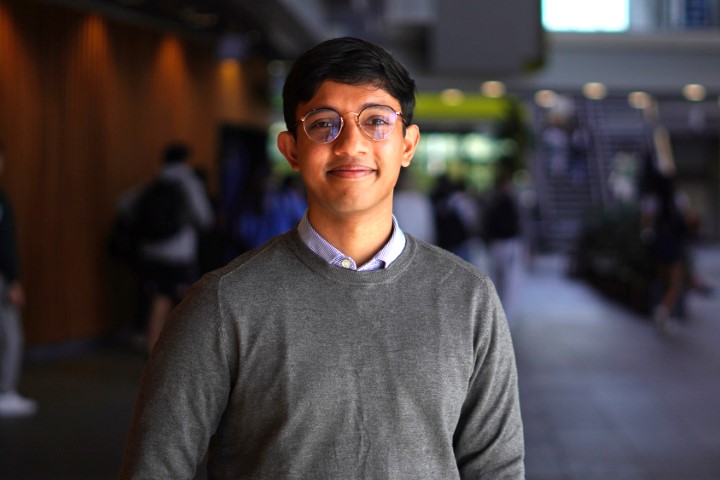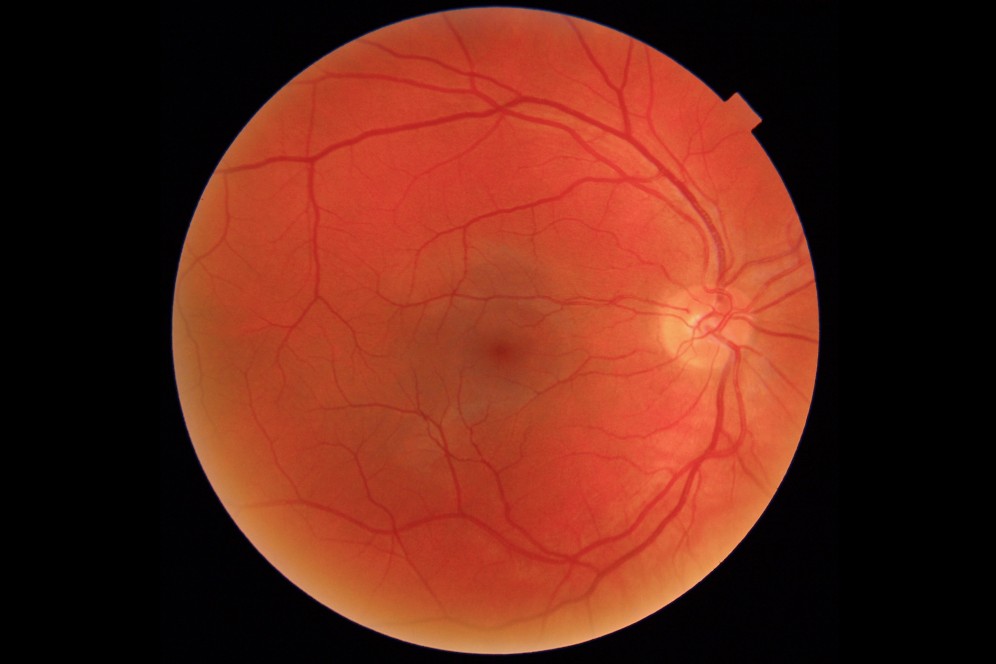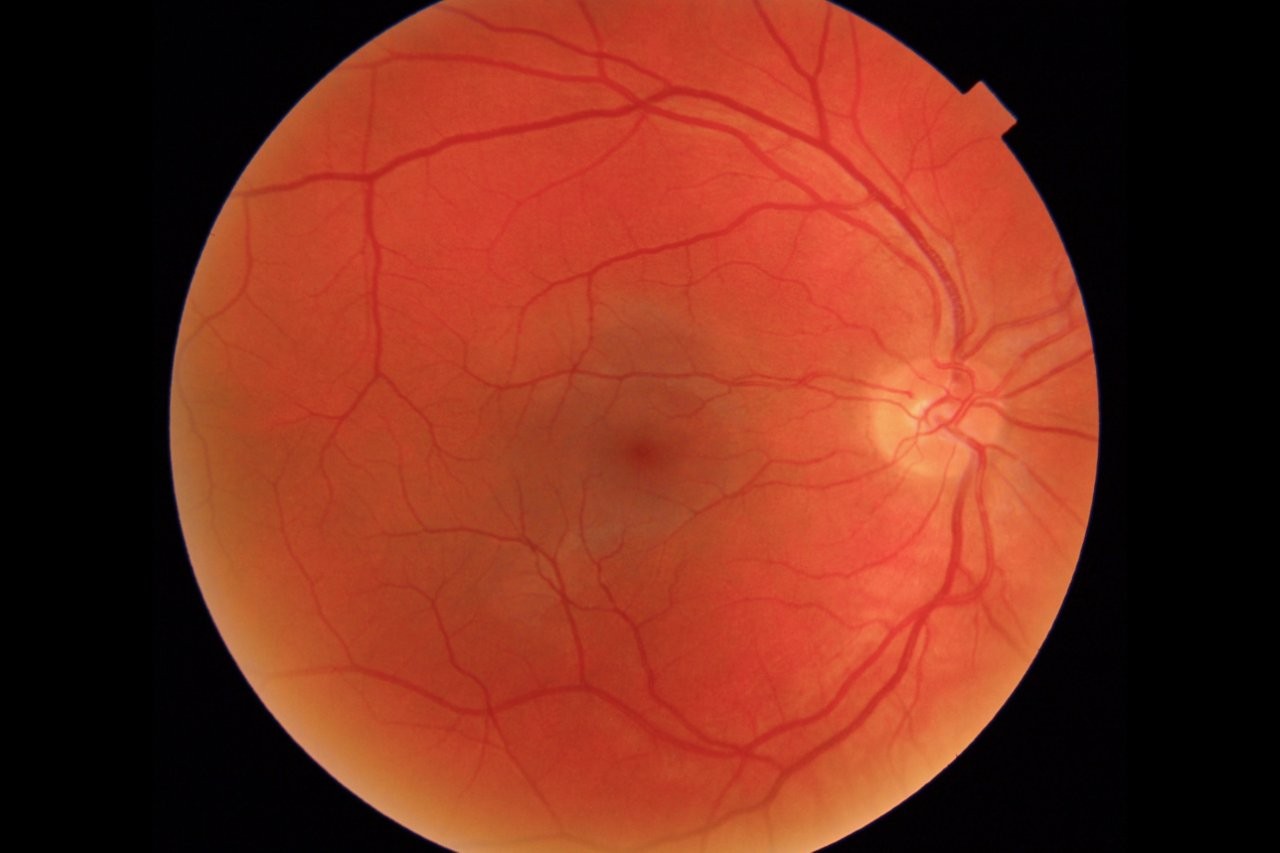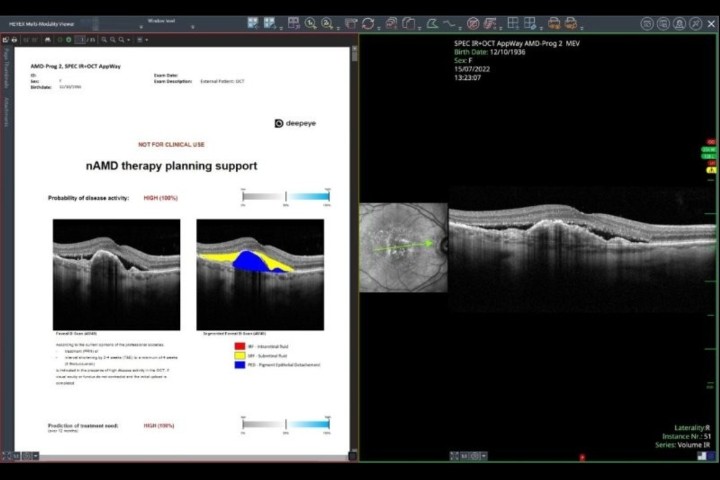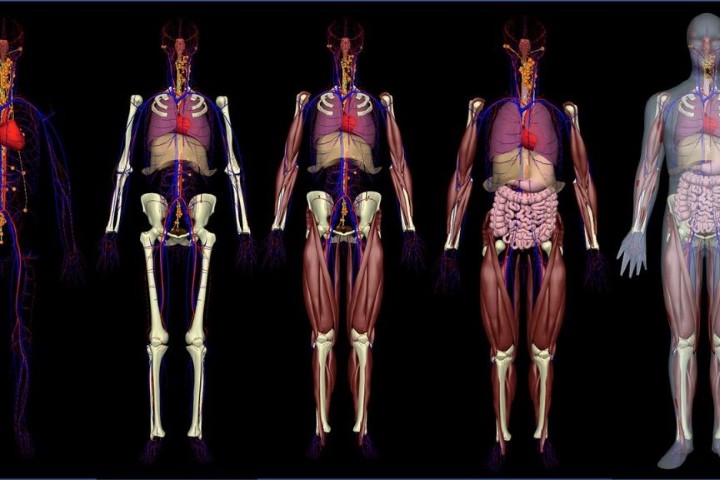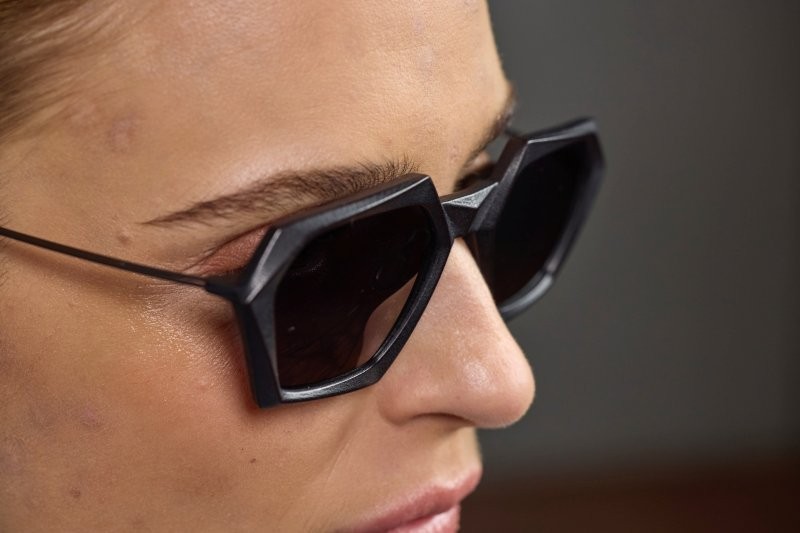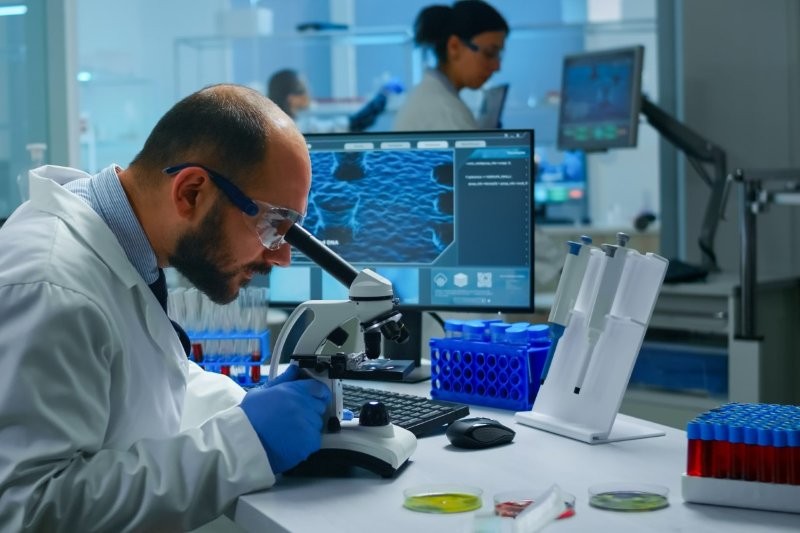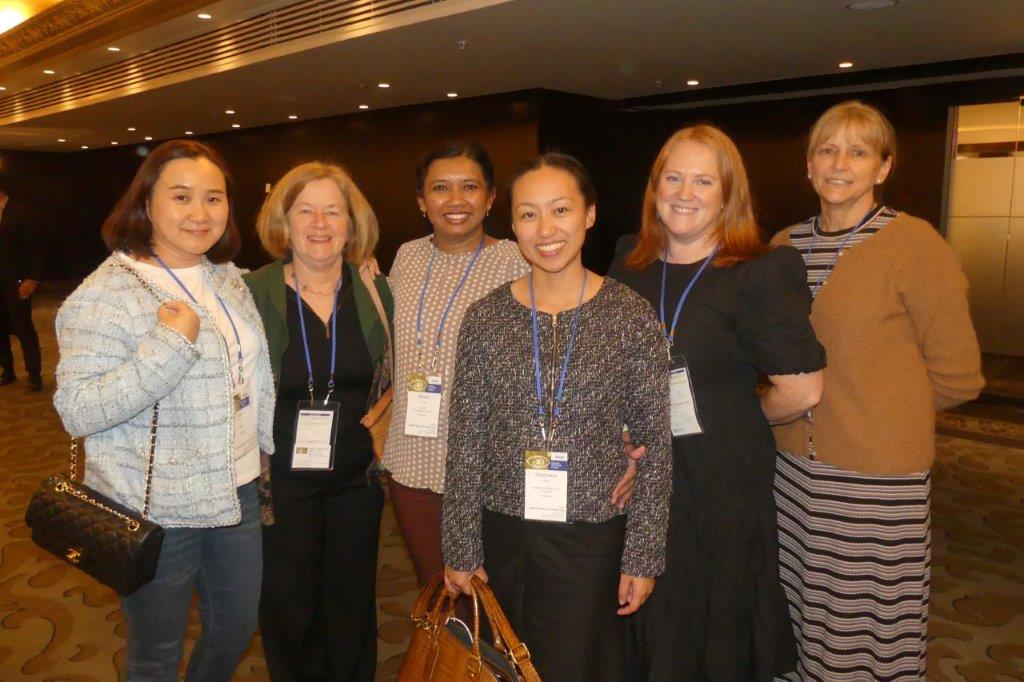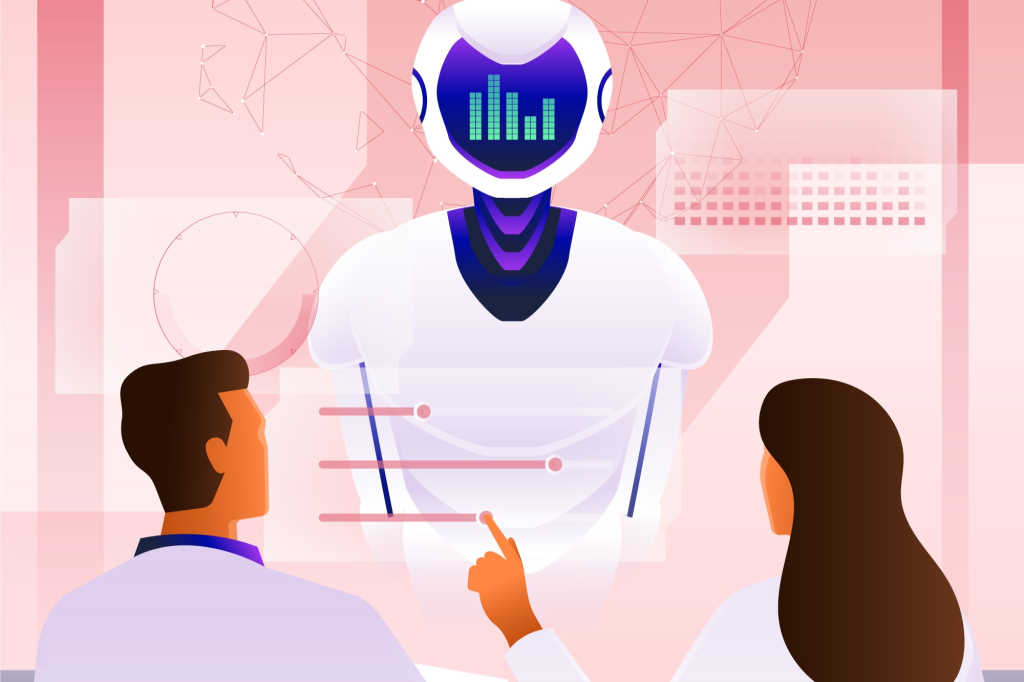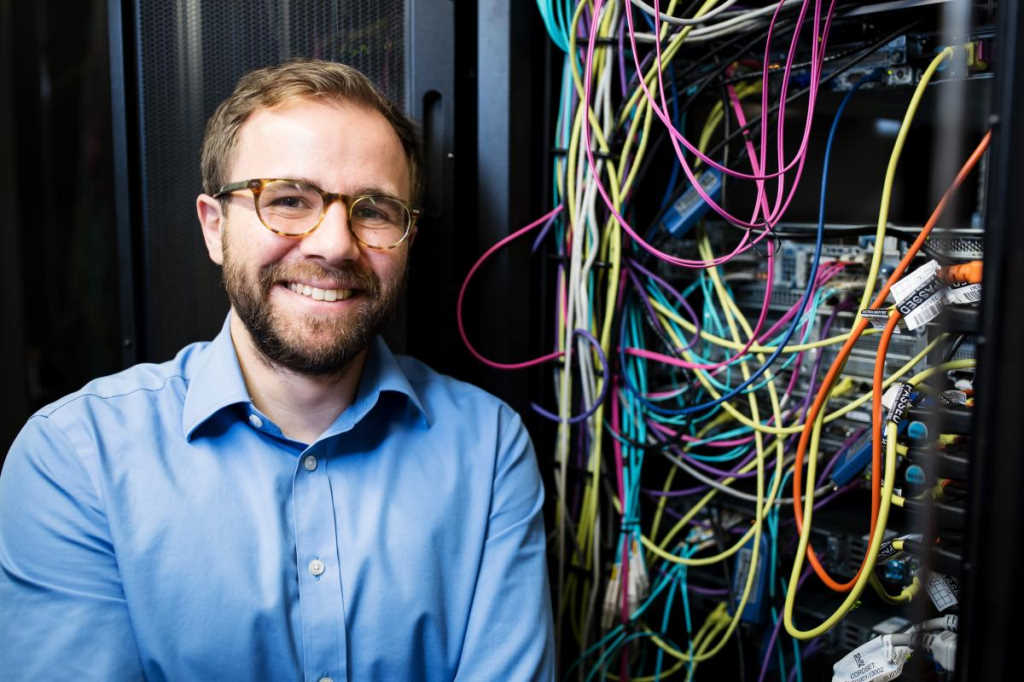Collaborative care between surgeons and AI?
A review led by the University of Auckland’s Dr Chris Varghese and published in Nature Medicine, found that while autonomous robotic surgeons are the most distant of realisable AI goals, a collaborative future between surgeons and AI technologies will transform surgical practice.
AI has a role in every part of a patient’s surgical journey – before, during and, most interestingly, after surgery, said Dr Varghese. “AI has real potential to provide monitoring and safety-netting to ensure that we can mitigate and prevent some complications and enhance the recovery that you're able to achieve at home.” AI is also trying to learn what surgeons see in theatre – what the surgical instruments and different organs look like, he said. “The potential is there to identify abnormal anatomy and (determine) what the safest approach to an operation might be. Using virtual reality and augmented reality to plan ahead of surgeries can be really useful for cutting out cancers, for example.”
Another AI application already being used in New Zealand is the prioritisation of long waiting lists. But the issues of data privacy and ethics are still to be resolved, said Dr Varghese. “AI is based on building models from lots and lots of data, so ensuring the data we feed into these algorithms are unbiased and are not perpetuating existing inequities will achieve the best outcomes for our patients.” That means there needs to be a big focus on investing in our digital infrastructure, he stressed. “Right now we have hospitals across the country using different healthcare systems that don't communicate with each other.” The advent of Te Whatu Ora presents a real potential to unify our healthcare-data systems, he said. “We can bring in everyone's data in a safe and robust manner to ensure that we can keep abreast and be leaders in the field as we integrate AI technologies into healthcare.”









